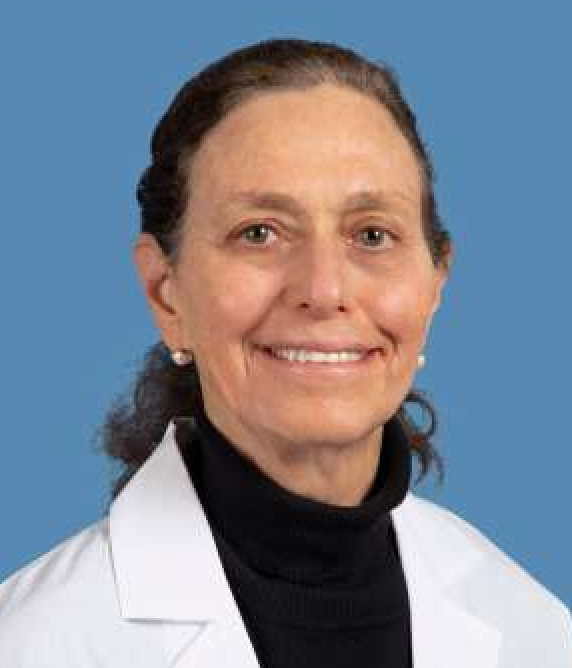
Coronavirus / COVID
Latest News

Latest Videos

CME Content
More News
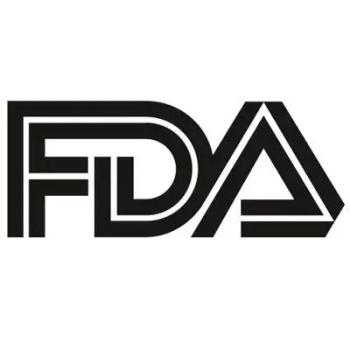
Approved vaccines for chikungunya, meningococcal disease, updates on HIV prevention, key regulatory decisions, and more.

The interim results demonstrated a slightly better vaccine effectiveness in individuals who are immunocompetent vs immunocompromised individuals.

The most recent CDC report accounts for 33 million flu illnesses, 430,000 hospitalizations, and 19,000 deaths this flu season, with Influenza A(H1N1) and A(H3N2) as the primary strains.

The company announced its monoclonal antibody, pemivibart (Pemgarda), was denied the emergency use authorization (EUA) for treatment of mild-to-moderate COVID-19 for immunocompromised persons.

Chinese researchers say this newly discovered virus can be transmitted to humans much the way COVID-19 did.
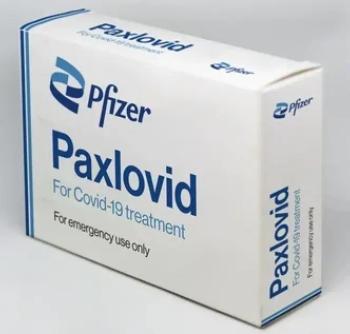
In a novel, natural experiment associated with age and the antiviral, investigators were able to see the effects of the therapy in a group of adults considered to be more at risk for hospitalization and death.

Kei Sato, PhD, provides insights into the factors driving the spread and immune resistance of the LP.8.1 SARS-CoV-2 variant across different countries.

Robert Walker, MD discussed the company's application for full licensure and the importance of vaccination.

Robert Allen, MD, on variant monitoring, antibody development, and the company's long-term approach to patient care.

Robert Allen, PhD, discusses how Pemgarda’s stability in targeting the spike protein's receptor-binding domain offers crucial protection, including immunocompromised individuals.

Prashant Kumar’s study on indoor air quality aboard cruise ships highlights the critical role of ventilation and masking in reducing infection risks.

James F Cummings, MD discusses phase 2b trial Phase 2b trial expansion focusing on safety, efficacy, and immune response for Vaxart’s investigational oral vaccine.

In the third installment of our series on preparedness, Gavin Harris, MD, discusses the principles and challenges of biorisk management, focusing on infectious disease threats and containment strategies.

The COVID-19 pandemic underscored the urgent need for global pandemic preparedness. The World Health Organization (WHO) is leading efforts to establish a global treaty to address future pandemics, with findings expected in 2025. Central to this preparedness is immunomics, a field leveraging advanced genomics technologies to study the immune system at unprecedented levels of detail.
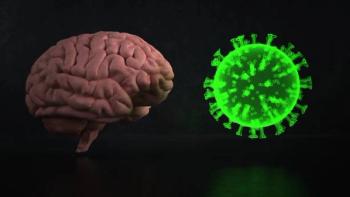
Review finds Long COVID patients experience executive function impairments impacting tasks like shifting, inhibition, and working memory, affecting daily activities.

Between those infected and uninfected with COVID-19, investigators observed no differences in symptom trajectories, assessed through SymptoMScreen.

Invivyd announced its product, pemivibart (Pemgarda), has continued to show consistent neutralization for almost 3 years, with no meaningful change to activity.

The continuation of misinformation and disinformation being disseminated in the public is causing more public health communication issues as mistruths associate the vaccines with cancer.
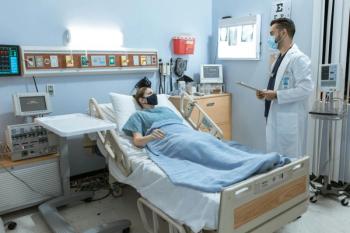
A survey of this population showed that over a 2 and ½ year period, there was a decrease in post-acute sequelae of SARS-CoV-2 infection (PASC). However, 1% of respondents said they are still dealing with restrictions in their lives.

A case series of 13 patients suggests that extended courses of Paxlovid could benefit some Long COVID patients, but the results are inconsistent.

Recent study highlights Paxlovid’s ability to reduce hospitalizations and mortality in high-risk populations, but underscores the need for personalized treatment.
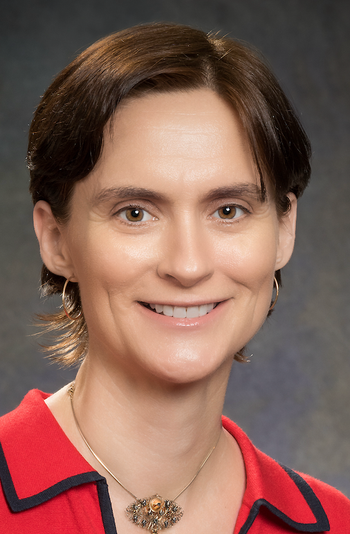
Charlotte Allerton explains how ibuzatrelvir, a second-generation treatment, could reduce drug interactions and taste disturbances compared to PAXLOVID, offering a simplified approach for high-risk patients.

6.4% of US adults experience Long COVID, with 19.8% reporting significant activity limitations, while the updated RECOVER study refines the classification index.
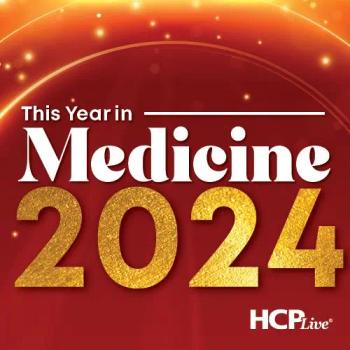
Navigating the long road of Long COVID involves more than recovering from an infection; it requires specialized, multifaceted care to address ongoing and often invisible neurological symptoms.
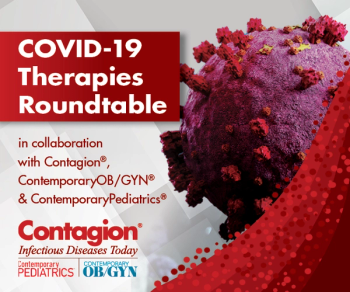
In our latest roundtable series, we discuss COVID-19 treatment management and prevention 4 years after the start of the pandemic.



